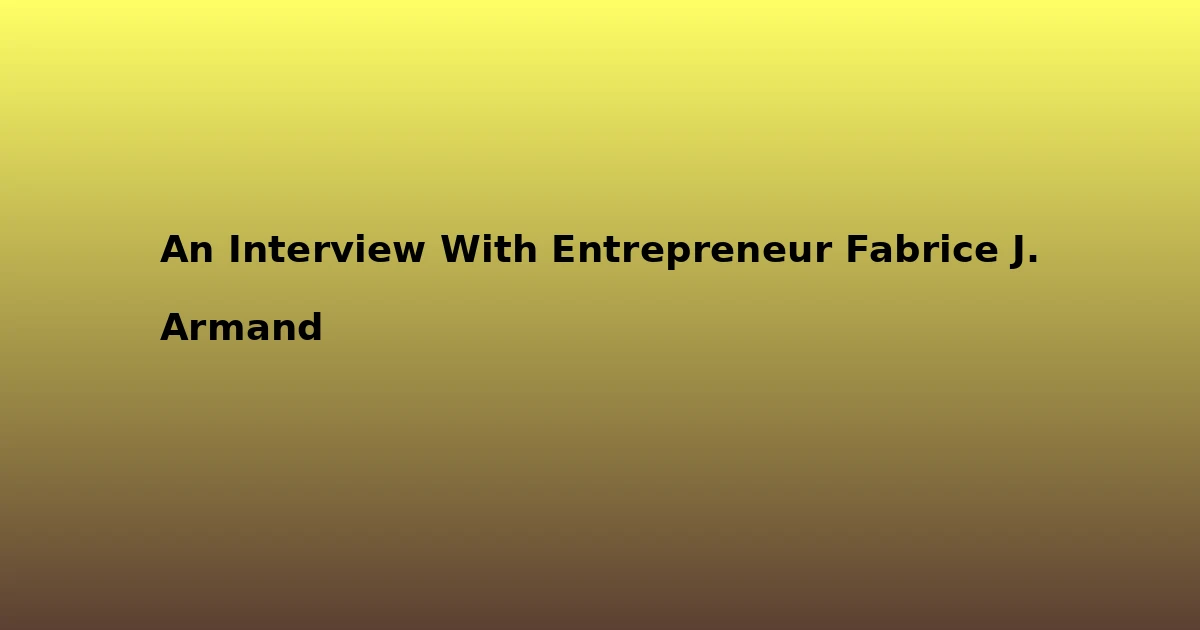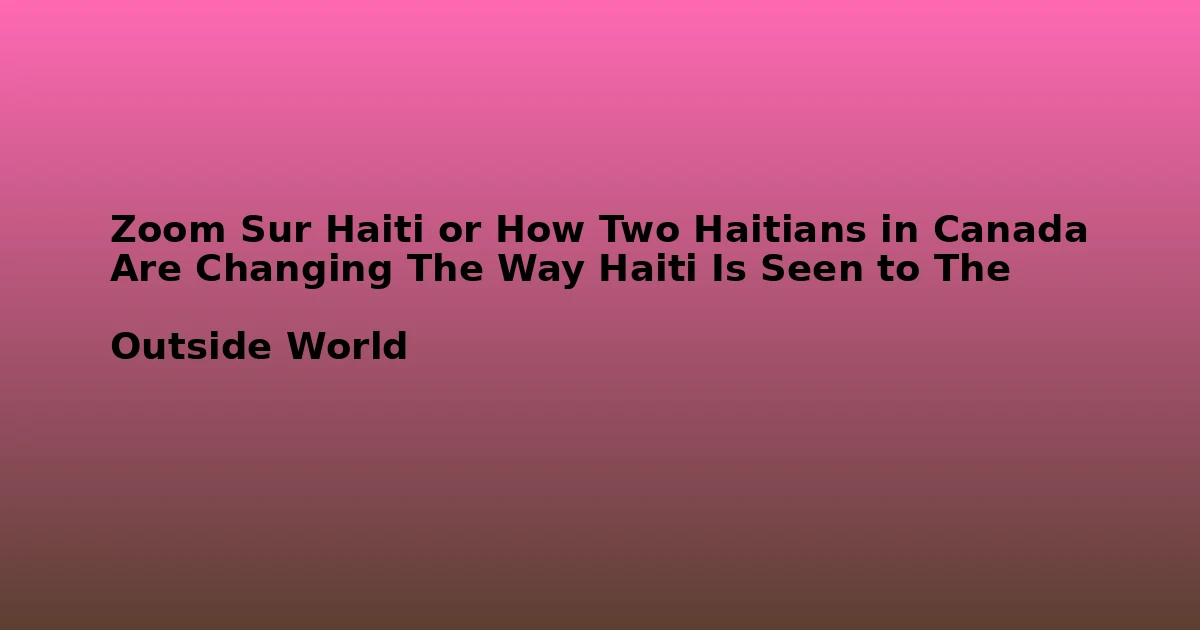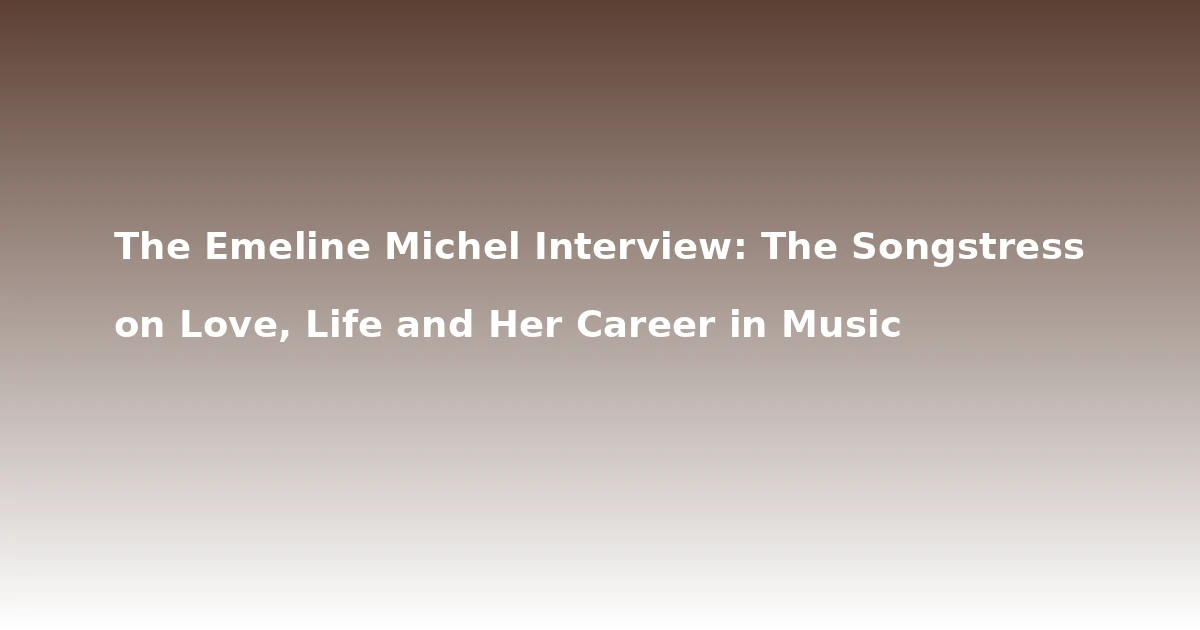At first glance, Palm Beach millionaire Frank McKinney might be mistaken for the lead singer of a 90’s era heavy metal or rock band with his long blonde hair, and leather coat, but no, as the founder of Caring House Project Foundation, a non-profit nearly a decade in existence, he is not into show business, but in the charity business, or to hear him tell it, the human capital business, as he and his staff strives to make people in Haiti self-sufficient, shelter-wise.
McKinney straddles two worlds. A dichotomy he calls it. He has made millions as a real estate magnate, building the for the world’s wealthiest in the most opulent and exclusive neighborhoods in South Florida, on one hand.
On the other hand, the organization he created, builds shelter in the Third World for Haiti’s most impoverished. Caring House (named after a soup kitchen for the homeless where McKinney once volunteered) has built dozens of home communities in Haiti, from St. Michel to Gonaives to Cap Haitian to lesser known cities like Paroty and Makandal. When Hurricane Jeanne hit Gonaives, Haiti in 2004, McKinney and his organization’s staff were one of the first to land to provide emergency shelter, and build villages for the newly homeless.
McKinney believes immensely in what he calls RODD—Return of Donor Dollars, a type of Return of Investment (ROI) for the charity world, giving the most output for donor money.
Between his hectic schedule as the founder of , his home building business, and his work as an author (he is the author of several books, go directly to his non-profit), Mr. McKinney graciously agreed to talk to us.
Out of all the countries in the world, what made you settle on Haiti?
The way we fell on Haiti was really a funny story. But when I first moved to Florida when I was a teenager [from Indiana], I didn’t have the benefit of pursuing a formal education. I got a job, and I was a sand caster at a golf course.
So I was filling those little holes with white sand. And I had to get up at 4 in the morning. I had to be at that golf course working early.
And I was the only white person working maintenance on a golf course. I was really proud to have such a job.
Listen, I don’t believe in the entitlement mentality, that’s sweeping the nation. I believe in working hard for it. Because I worked alongside Haitians, I earned the nickname the White Haitian.
I’m very proud of that nickname, because Haitians are known for their work ethic, really hard workers. That nickname really stuck with me. I was just a maintenance worker at the time.
There was no Caring House on the horizon. So fast-forward to 8 years later when we were doing a fundraiser for a group that was raising money to build houses in Honduras.
We allowed them to use one of my houses that we were building at the time to raise the money. When we were done, the host said, “Thank you for allowing us . to use your house to build 10 houses in the 2nd poorest country in the Western Hemisphere.” That’d be Honduras.
Remember, I’m a linear thinker. I’m a simpleton. Not wholly educated.
My response was, “Well, what’s the first poorest country in the Western Hemisphere, and why aren’t we there?” The host was like, “Haiti”. So with that white Haitian mentality, toppled with the fact that Haiti was considered the poorest country in the Western Hemisphere was what got us started.
Since the earthquake, does your organization find itself being really overwhelmed? Do you find that your work has doubled.
We established a Program of Work, so we work from that Program of work, so obviously we’re not stretching outside of it. We don’t take on more than the program work mandates.
The only time we felt a little overburdened was when we got into a search program of rescue. That obviously wasn’t part of our I don’t think that I’ve been more innovative or more responsive in the fact that we were on the grounds 40 hours after the earthquake hit. We’re not in the search and rescue business, but we’re in the build villages and security business.
Yet we put together a search and rescue team within 40 hours of the earthquake stopping, we were on the ground pulling people from the rubble. And that was the only time we felt burdened beyond our Program of Work, but that didn’t stop us, believing that Haiti is a country full of beautiful suffering tremendously after this earthquake, and that we needed to get over there. We weren’t bringing food; we weren’t bringing water.
We were pulling people from collapsed buildings. And that was important. We’re back on task now.
We’ve build 5 villages since the earthquake. And our program for 2012 will have us building 2 more villages. So we’re dedicated.
We love Haiti. I go there at least twice a year. Maybe not in my lifetime will we see a big difference, but it will make a difference to those people we provide shelter to.
What was the difference between when you first went to Haiti, compared to what you had been fed by the media.
You can imagine. Nothing can you for the assault on your senses when you get to Haiti, and that was before the earthquake. If you’re used to the things that the United States provides you, you the more shocked you’ll be.
After you get over that initial assault on your senses, you’re prepared to do the little good that you can. My skin is pretty thick, so I wasn’t concerned or afraid. Believe me, I’ve been in other places where people tried to kill or kidnap me.
But they’d never find me again. I never felt afraid for my life. The only thing that did really get to me early, was this feeling when I came back to the United States, was this overwhelming feeling of guilt when I took my family out to dinner.
I struggled with that. I told someone who had been to Haiti, “You know I feel really guilty about spending my money on anything other than my basic needs. I don’t feel like going to the movies.
I don’t feel like spending money on [luxurious ] things.” They [friends] helped me get over that. [They said,] “I want you to go out tonight. I want you to enjoy yourself. That’s the life that you’re living here. You keep doing in Haiti, but don’t allow that guilt to run or ruin your life,” and I’m glad I listened to them.
Those two villages that Caring House is going to be building, have you determined where they’re going to be?
I can tell you that one of them is going to be in the Jeremie area. I don’t know where the other one is going to be. It may be up in Cabaret.
Those are two areas that we’ve worked in before and we’ve had good success.
How do you pick the location for the villages? Do you have a staff down there that scouts locations and see where there’s the most need?
We actually don’t. We don’t have a staff in Haiti at all, because of our Return on Donation that we gotta reference.
We’re constantly getting requests for proposals, and requests for assistance. Some of our partners we’ve had for years, and they’ve been working there for years, so we’ll go to them, and we’ll be like, “We want to do another village”, so that’s how we decide where to do them. It’s hard to decide because there are so many places that need help.
If someone wants to help with the Caring House mission, obviously they can make donations, but what other ways can they help?
Right now we don’t take volunteers because Haiti has a really high unemployment rate.
We can’t take a job away from somebody. We don’t even export materials, because I can buy all the stuff that we need down there from the locals, so that we’re kinda helping the local economy. Really, donations is what we need.
I know really far. There are over different 65 donation options on our website ranging from a chicken to $8.50 all the way up to thousands of dollars. I had had one 26-year old guy just donate to build an entire village–$125,000.
I’m not gonna send rice there. That’s not our thing. We’ll buy the rice when we get there. So it’s really the donations, that’s our lifeblood.
To make a donation to the Caring House Project
You can see a video of McKinney in action below.
Last Updated on December 2, 2025 by kreyolicious



